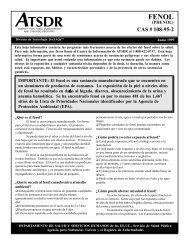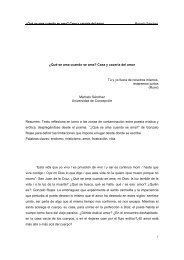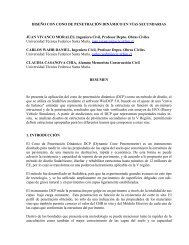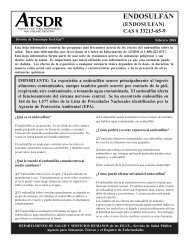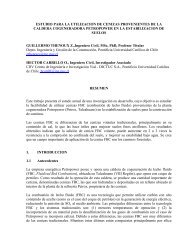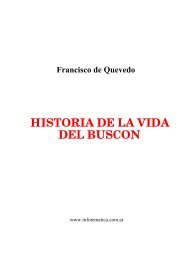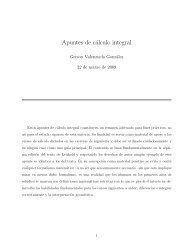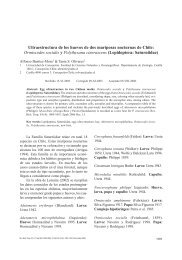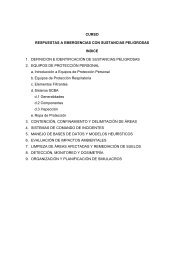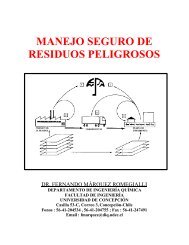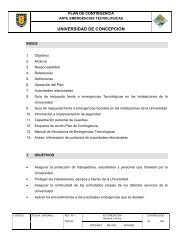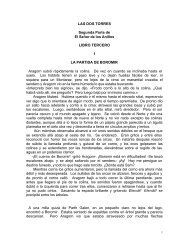Beer : Health and Nutrition
Beer : Health and Nutrition
Beer : Health and Nutrition
Create successful ePaper yourself
Turn your PDF publications into a flip-book with our unique Google optimized e-Paper software.
48 Chapter Two<br />
US was in t state to ght a war, including legislation concerning the production <strong>and</strong><br />
distribution of food. A clause was inserted that outlawed the production <strong>and</strong> sale of<br />
alcoholic beverages, so that grain could be conserved. There was disagreement from the<br />
opponents of prohibition, <strong>and</strong> there was agreement to let the Senate vote on a separate<br />
resolution calling for a prohibition amendment to the Constitution. Astonishing to many,<br />
but the Eighteenth Amendment went speedily through Congress <strong>and</strong> it was rati ed by<br />
36 State legislatures in little more than a year. Only Rhode Isl<strong>and</strong> <strong>and</strong> Connecticut held<br />
out on ratifying the amendment. The amendment was of cially adopted on 16 January<br />
1919, with national prohibition being effected one year later.<br />
It’s perhaps not altogether strange that to deny people something that the majority<br />
enjoy <strong>and</strong> don’t abuse will inevitably prove unsuccessful. In New York before prohibition<br />
there were 15,000 bars. After prohibition there were 32,000 speakeasies. Women<br />
<strong>and</strong> youngsters now decided that drinking was something they perhaps should entertain,<br />
having not bothered much before. Booze was coming in illicitly from Canada <strong>and</strong><br />
Mexico <strong>and</strong> by ship from Cuba, the West Indies <strong>and</strong> Europe. And there was the illicitly<br />
brewed stuff in the States, much of it dangerous through a lack of regulation. There was<br />
plenty of corruption at high level <strong>and</strong> of course the making of some infamous criminal<br />
reputations among the gangsters. Bootleggers collected $2 billion annually, amounting<br />
to some 2% of the gross national product (Divine et al. 1987).<br />
Bodies quickly sprang up, seeking to repeal the Volstead Act, including the Moderation<br />
League. In 1930 the American Bar Association adopted a resolution that called for a<br />
repeal of Volstead. They were supported by the Women’s Organization for National<br />
Prohibition Reform. Those advocating ‘dryness’ were at risk of being perceived as<br />
defending the gangster culture.<br />
By the early 1930s the nation was in the midst of the Great Depression. Many argued<br />
that it had been brought on by prohibition <strong>and</strong> that to repeal the Act would be to create<br />
jobs <strong>and</strong> put much needed taxation income into the exchequer.<br />
The 1932 presidential campaign was in substantial part fought on the alcohol issue.<br />
Herbert Hoover said that prohibition had been an ‘experiment noble in purpose’ <strong>and</strong> he<br />
promised to do what he could to correct whatever shortcomings there were. Franklin<br />
Delano Roosevelt went a major step further: ‘I promise you that from this date on the<br />
Eighteenth Amendment is doomed.’<br />
Roosevelt was elected <strong>and</strong> nine days later he asked Congress to amend the Volstead<br />
Act so that the alcohol content of beer could be raised from 0.5% to 3.2% by weight.<br />
The law was passed. As he sat down to his evening meal on 12 March 1933, Roosevelt<br />
is quoted as saying: ‘I think this would be a good time for a beer’ (Barone 1990).



